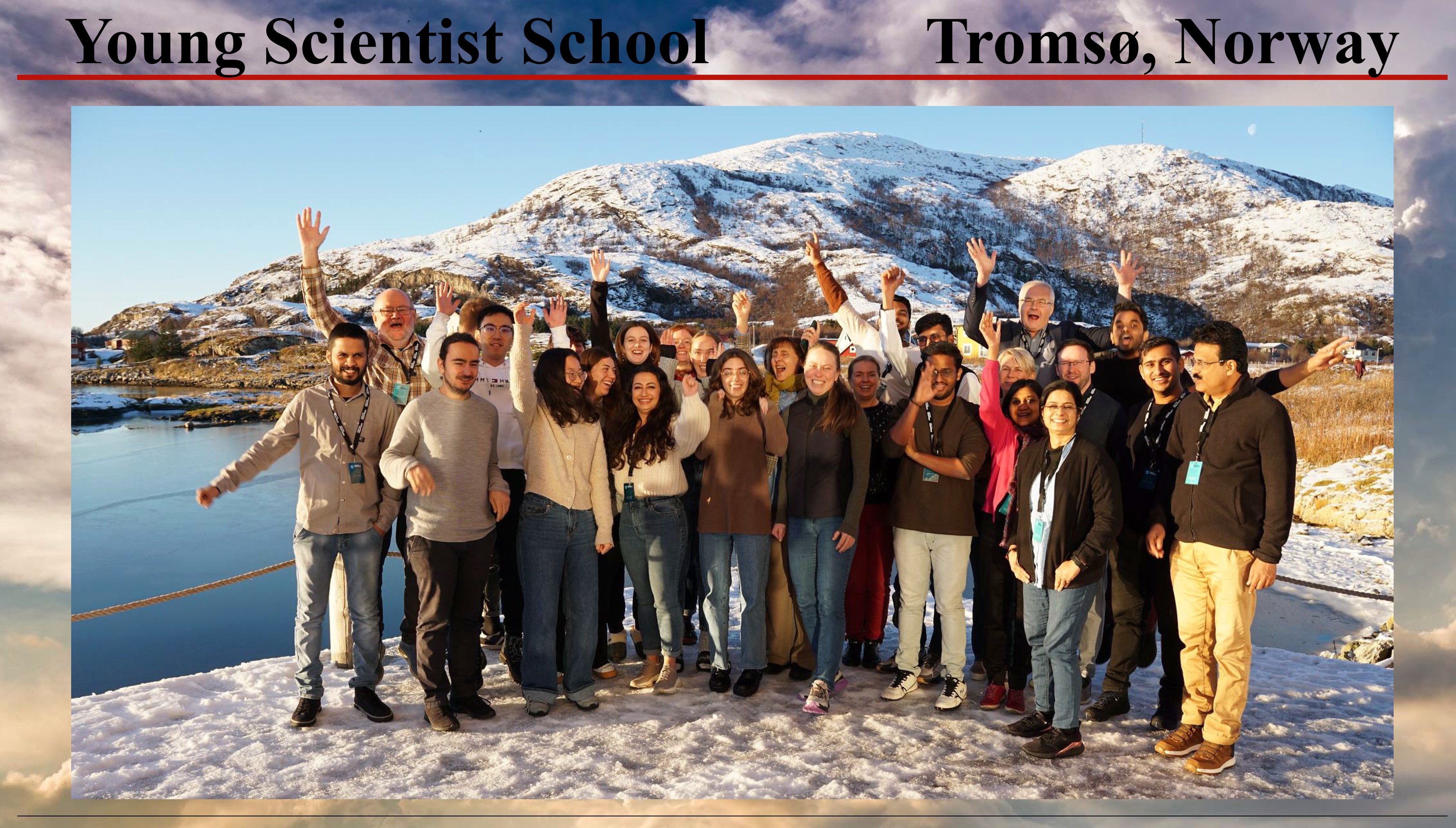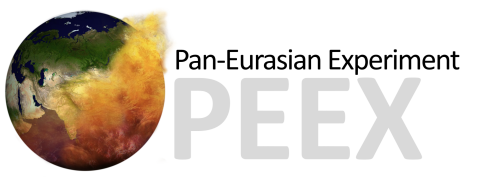Project Description

Photo of YSS participants – credit Arctic Frontiers
The Young Scientist School (YSS) URSA MAJOR 2023 took place during 31 October – 3 November 2023 in a hybrid mode in Tromsø (Sommarøy Arctic Hotel Tromsø), Norway. The YSS introduced a young generation of researchers to special topics in urban societal, environmental, and computational sciences. The YSS programme included a series of conceptual theoretical lectures and concrete practical exercises or small-scale research projects (SSRPs).
On 31st October, a special session in memory of Prof. Sergej Zilitinkevich was organised, where invited oral talks were delivered: Implementation of Prof. Zilitinkevich works in models, Famous scientists – friends of the Nansen center; Powering cities in the global south; and Urban web-storytelling.
On 1st November, after introduction to YSS and welcome from local organizers, all students were divided into groups (or so-called lines). Each line – Natural, Turbulence, Satellite, and Social – was introduced to different tools, models, and methods to be used in their SSRPs. A series of lectures was given to students during the session on Urban Sustainability. Presentations included: WMO urban integrated services; Overview of urban sustainability in selected smart cities of Global South; Overview of urban climate and sustainability at the North; Integrated urban system modelling; Remote sensing of urban environment. Socialising events such as a hiking tour in Norwegian nature and ice breaking party took place.
On 2nd November, parallel (in 4 lines) practical work on SSRPs started during morning and continued in evening time. Two sessions – Integrated Urban System Modelling & Community Engagement and Development of Smart Cities – took place during morning and evening, respectively. Sessions’ presentations included: Urban nature-based solutions; Introduction to extended and virtual reality technologies for urban applications; Demonstration of virtual reality enhanced visualization; An appraisal of urban sustainability of Kochi, with special emphasis on ecosystem health and urban mobility pattern with the activities of Cochin smart city mission limited for transition to zero-emission society; Community engagement in the Arctic cities; Citizen science: prospects for engaged research in the Arctic and beyond; Methods of knowledge co-production using arts, science, local and Indigenous ways of knowing.
On 3rd November, the session on Integrated Urban System Modelling continued, followed by parallel work in 4 lines (Natural, Turbulence, Satellite, and Social) on SSRPs. During all these days all students had a possibility to communicate simultaneously onsite and online with other members of their groups, between groups, as well as ask questions with lecturers and teachers of SSRPs. In particular, the Natural line focus was on analysis of seamless modelling (with Enviro-HIRLAM model) outputs with respect to evaluation of urban effects on meteorology on example of the Paris (France) metropolitan area. In addition, during next 2 weeks the student’s groups will collaborate and work online on their SSRPs, and will officially present results on 20-21 November, followed by awarding of the YSS certificates (corresponding to 1 credit).
Text by: Alexander Baklanov (World Meteorological Organization), Roman Nuterman (University of Copenhagen), and Alexander Mahura (University of Helsinki)
